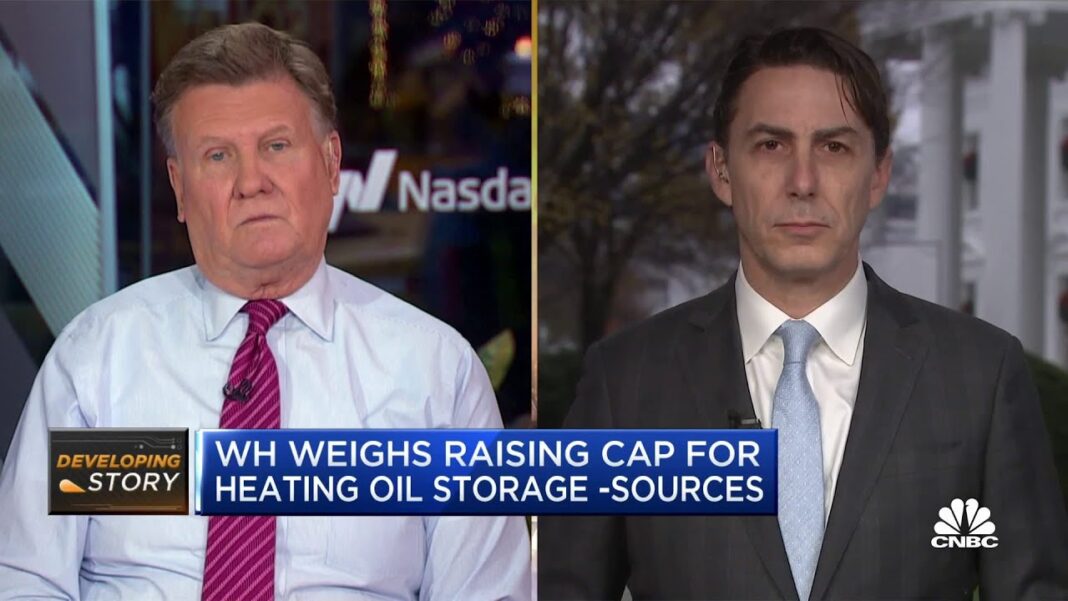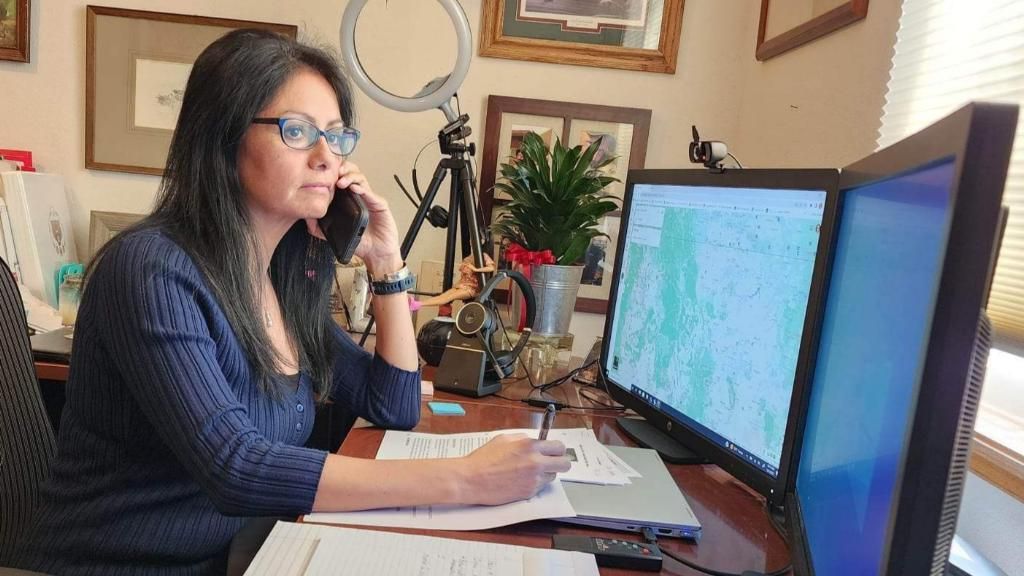Late on Dec. 2, Elon Musk started the process of releasing thousands of internal Twitter emails.
Musk, whose purchase of Twitter was completed on Oct. 28, had previously announced that the actions of Twitter’s previous leadership had negatively affected “conservative” political candidates more than “progressive” candidates and that Twitter would release its internal documents to allow the public to regain trust in the company. On Nov. 28, Musk wrote on Twitter, “The public deserves to know what really happened.”
The first batch of emails reveals how the Hunter Biden laptop story was censored and suppressed by Twitter executives. The New York Post reported on Oct. 14, 2020, that then-2020 presidential candidate Joe Biden had met a top executive of a Ukrainian energy firm in 2015, which was paying his son Hunter Biden up to $50,000 per month.
As the New York Post reported, Vadym Pozharskyi, an adviser to the board of Burisma, explicitly thanked Hunter Biden for introducing him to his father on April 16, 2015. Pozharskyi’s email stated that he and the elder Biden, who was the U.S. vice president at the time, had “spent some time together.”
During his 2020 presidential campaign, Joe Biden repeatedly denied that he knew anything about his son’s business dealings.
The first batch of the so-called Twitter Files was released by independent journalist Matt Taibbi. During a Dec. 3 podcast, Musk said he had given thousands of internal Twitter emails to Taibbi and a fellow independent journalist, ex-New York Times reporter Bari Weiss.
Musk noted that he hadn’t had time to examine most of the emails himself. He also indicated that he would release the Twitter Files to the public once Taibbi and Weiss had a chance to examine them in detail.
Musk’s approach mirrors that of Wikileaks founder Julian Assange, who gave nearly 400,000 leaked documents pertaining to the Iraq War to several media outlets before releasing them online. A notable difference is that while Assange gave his documents to mainstream outlets such as The New York Times, The Guardian, and Der Spiegel, Musk decided to give them to two independent journalists who publish on Substack, an online platform that allows independent journalists to publish directly to their subscribers.
By Hans Mahncke
Read Full Article on TheEpochTimes.com






